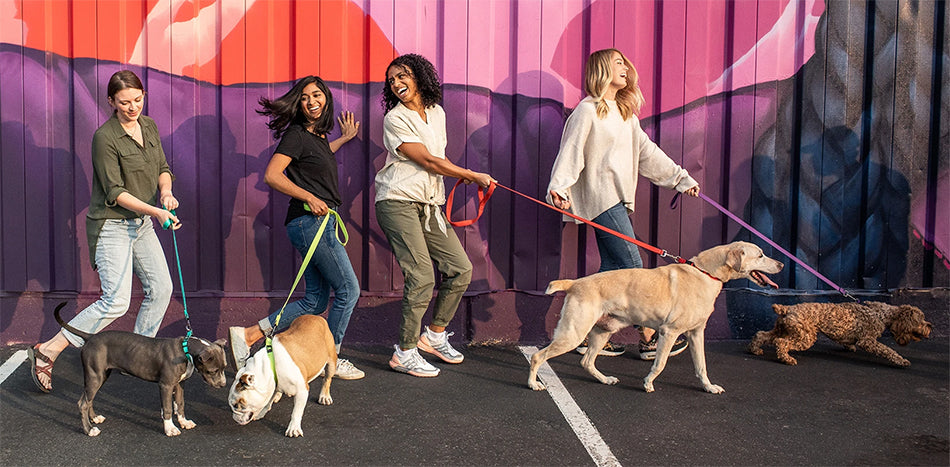Your cart is empty. Let's fix that!


Senior dogs and cats at the shelter are amazing pets just waiting for a little TLC! Here’s what you need to know to decide if a senior pet is right for you—and how to do right by them.
We all know how a trip to the animal shelter goes: you’re in the door and before you know it, you’re overwhelmed by all the sweet little puppies and kittens waiting for you! We get it—they’re adorable. But most adoption centers have many older pets waiting for the chance to have a home of their own again.
Senior pets can be just as cute as younger dogs and cats, and they come with a whole host of benefits that the youngins don’t have:
Adopting a senior pet does come with a few special considerations, and you should always be fully informed when adopting a new pet! Adoption isn’t a short-term affair, after all—you’re welcoming a new member to your family.
While some senior pets are perfectly healthy, many have (or will start to experience) age-related health conditions. Some conditions are minor, like mild cases of arthritis which can be managed easily with heating pads and a gentle massage. Many pets will start to experience vision or hearing loss as they age, but most will continue to have an excellent quality of life despite that—you’ll just have to deal with your senior cat meowing a lot louder when they can’t hear their own meows anymore.
Other conditions like heart murmurs and hyperthyroidism also become more common with age. The good news is that shelters give their animals a good veterinary examination, and they’ll be able to tell you what to expect for your new pet’s care.
You may have to expect higher veterinary expenses for senior pets, particularly as they age. Costs can be unpredictable, as some conditions can be easily handled with a $50 monthly medication, while others might require more expensive surgeries. At the very least, you should expect to pay between $150 and $400 for their first veterinary visit to cover all the basic tests needed for seniors.
If you ever need assistance with your senior pet’s care, there are pet care agencies that can offer expert and loving home care services for medical conditions and hospice care when the time comes. Your vet will also be able to help you develop a full care plan to help your pet live as happily and comfortably as possible.
With all that being said, many senior pets have many more healthy years ahead of them! Cats are considered seniors after 10 years old and many dogs are considered seniors by 8, but some pets can live to be 20 or older. Just because a pet is labeled a senior at the shelter doesn’t mean you won’t have years together hiking, playing, and snuggling—you’ve got a lot of love in your future with an older dog or cat.
Whether you’re adopting a senior dog or adopting a senior cat, you’ll need to prepare your home for their arrival.
If you’ve had a pet before, you’ll know the basics of what you need in your home for their care. If you want to give your senior pet the very best (as you should—they deserve it!), there are a few additions that will make their new home even more welcoming.
You should also be emotionally prepared in case your pet doesn’t warm up to their new home immediately. It can be hard for senior pets to adjust to a new place at first, especially if they’ve already lost a home once. Give them time and space and let them know you’re there (with plenty of love, toys, and treats) once they’re ready to open up.
Soon, your senior pet will be flourishing in their new loving home—and you’ll have a new best friend.